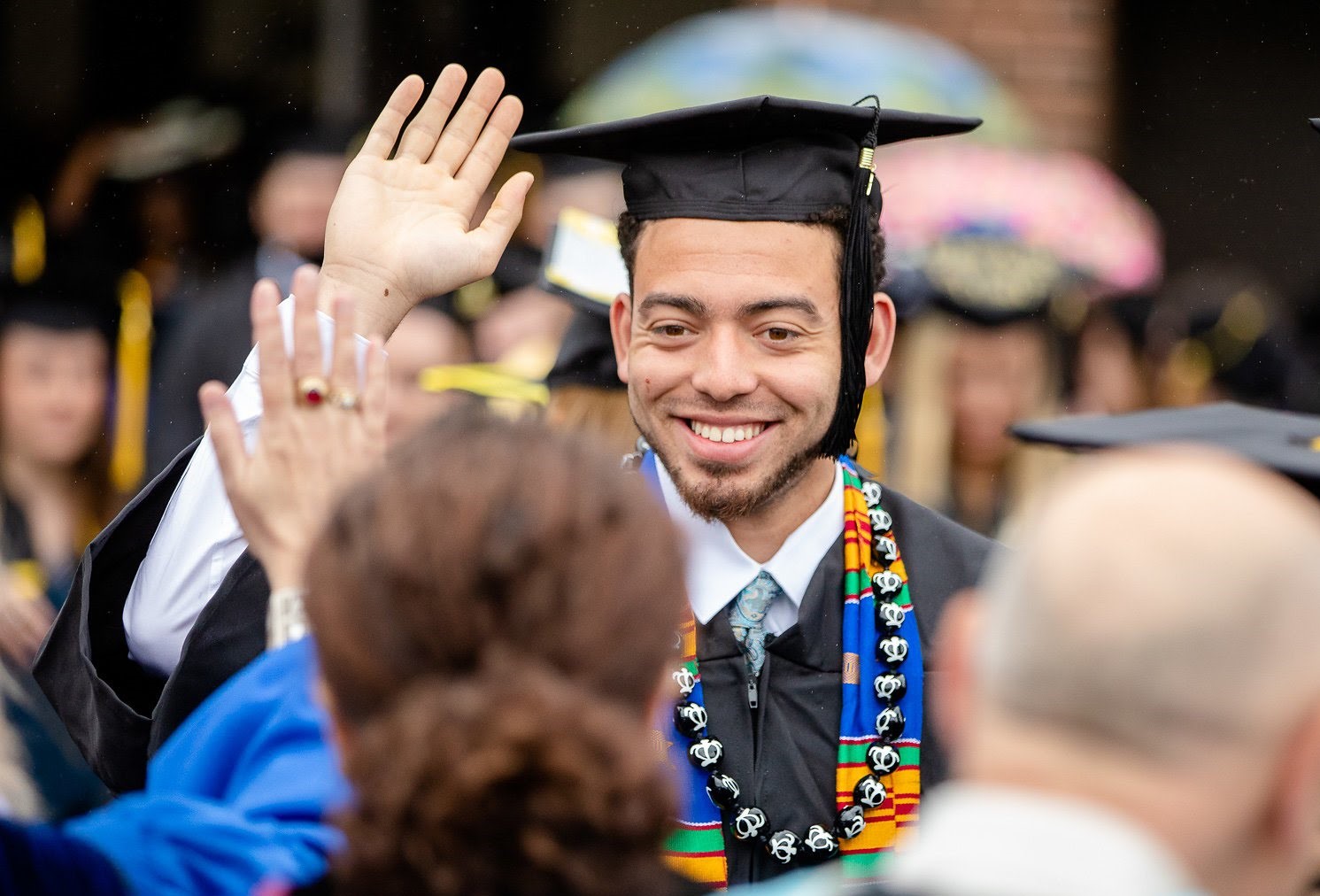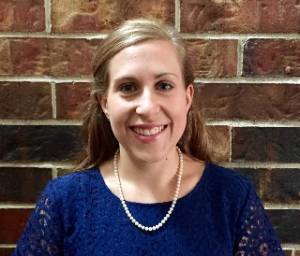Everyone can be an MCLA Trailblazer! The Trailblazer Team consisists of those who support our students' success; this includes parents, guardians, family members, advocates, or anyone else who is help an MCLA student! Welcome to the Trailblazer family!

Part of our job at MCLA is to give students and their Trailblazer Team all the necessary information and resources to ensure they are safe and successful! We believe a student's Trailblazer Team is here to influence, mentor, and guide them through all the transitions that may come their way. At MCLA we want to partner with you through every step of your student's journey!
Your student will require support from their Trailblazer Team to navigate all the important steps starting their college career at MCLA. They will continue to rely on that support throughout their college career and beyond.
Welcome to our MCLA family and to your student's Trailblazer Team!

The Trailblazer Hub is your one stop shop for:
Mark your calendar now for September 30th -October 2nd, for family-friendly events on campus.
Of course, your student may and should be taking care of this, but may need your help to stay on top of all the details.
The more clear you and your student can be before they head off to MCLA the few issues may come up later.
As your student heads off to college, know that there will be challenges ahead; for you both. Challenegs may arise for your student in many different areas and you as their Trailblazer Team Member may feel thar you will be unable to help your student face these challenges if you are not there physically to help. It is true that your student will need to complete the work for college but you provide a very necessary support system for them.
Once again, helping your student anticipate the physical changes they may encounter will them be successful. Encourage them to think about what they eat, how to contact Health Services, to continue to get exercise and to get as much sleep as possible. Physical changes are inevitable, but preparation is key.
Having your student practice these skills prior to leaving home will set them up for success during their time here at MCLA.
Talking with your student and making a plan on how expenses will be handed will help them understand the important of their financial future.
MCLA is committed to your student’s educational success. Our commitment also extends to you, as part of your students' trailblazer team.
Your awareness about our academic and co-curricular programs will help you help your
student find the challenge and support that can enable and enhance their successful
college experience. You are encouraged to speak with your student about taking advantage
of all the academic resources available on campus. Talking with a professor or advisor,
using Freel Library, or trying some of MCLA's support areas like Academic Advising
and Support are all good ways for your student to find the right guidance and assistance.
Learning more about internships and study abroad opportunities are good ways for your
student to consider enhancing the learning experience.
Can I have access to my students’ Academic Record?
The Family Education Rights and Privacy Act (FERPA) is a federal law that protects the privacy of a student education, financial, and academic records. For the student’s protection, FERPA limits release of student record information without the student’s explicit written consent.
Most students go to college to learn. Most know, or soon discover, that their academic work at college will be different than the work that they did in high school. Students are expected to spend more time studying and there is a higher level of thinking at an institution of higher education. College also brings with it other kinds of learning. Often much of this other learning happens outside the classroom. College offers student opportunities to pursue old interests and to discover new interests. Unfortunately, too many college students pass up some of the opportunities that they have in college because they are too focused on either their academic life or their social life. Many worry that getting involved in activities or organizations on campus will distract them from their academic pursuits rather than enhance their academics.
Your college student is learning to find their own path during college. They will need to make their own choices. But as a college trailblazer team member, you can encourage your student to take advantage of the many opportunities available on campus. Help them think about the benefits of getting involved in groups and activities that the college offers. Here are a few things to suggest that they may consider.
Being involved in the things happening at MCLA can bring tremendous benefits to your college student. However, as with so many things during these college years, it is important that your student finds balance. Participating in some groups at school and attending activities on campus are important for your student's well-being. But being involved in everything, allowing activities to distract from studies or interfere with a focus on what they want from life, can be dangerous. Your student will need to ask - "How much is enough?" and "How much is too much?" Your student will need to find the appropriate and comfortable level of involvement.
 Call 413.662.5129 or email Jenn Labbance at jenn.labbance@mcla.edu
Call 413.662.5129 or email Jenn Labbance at jenn.labbance@mcla.edu
Jenn Labbance
Director of New Student Programs and Family Engagement